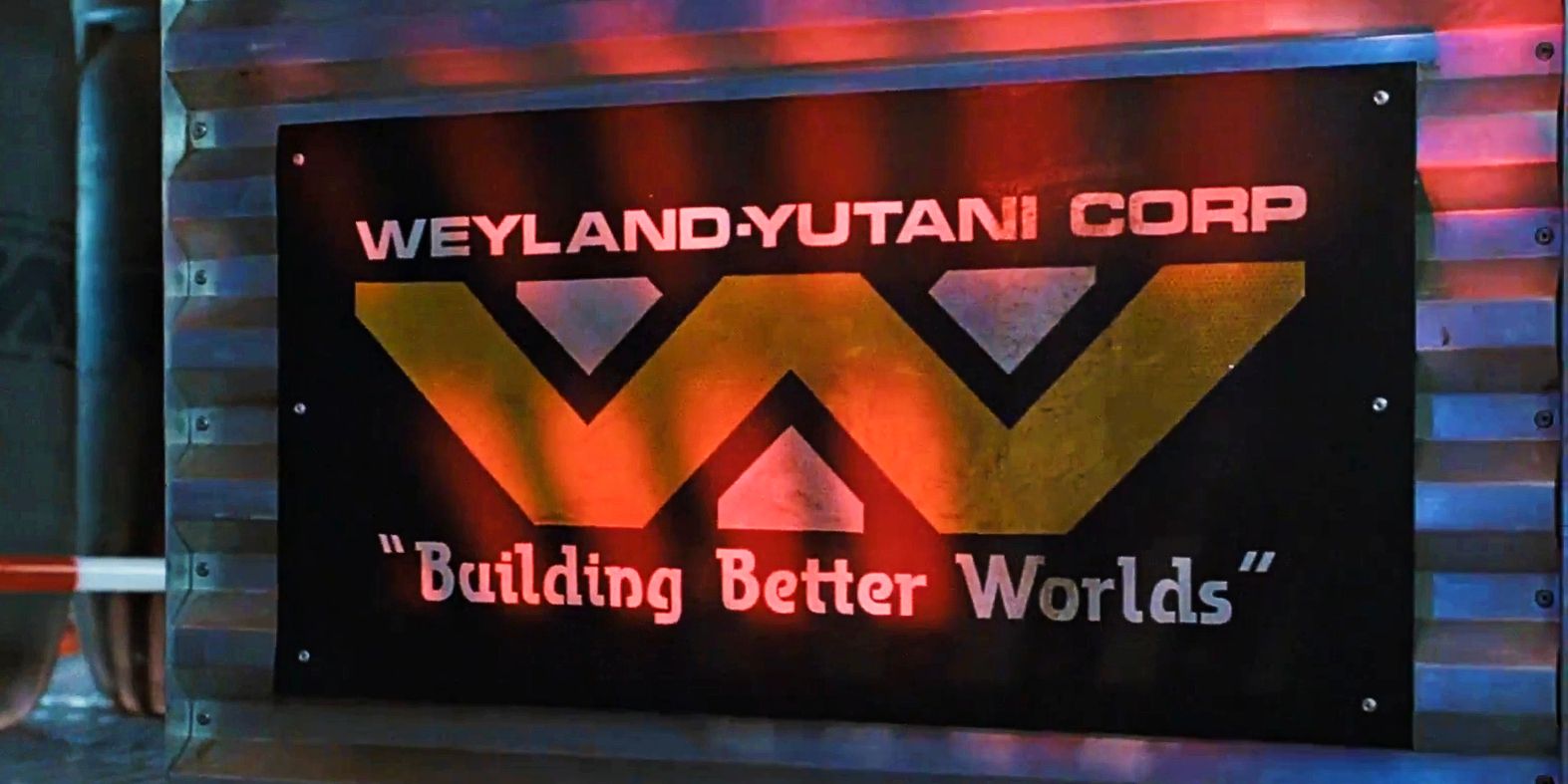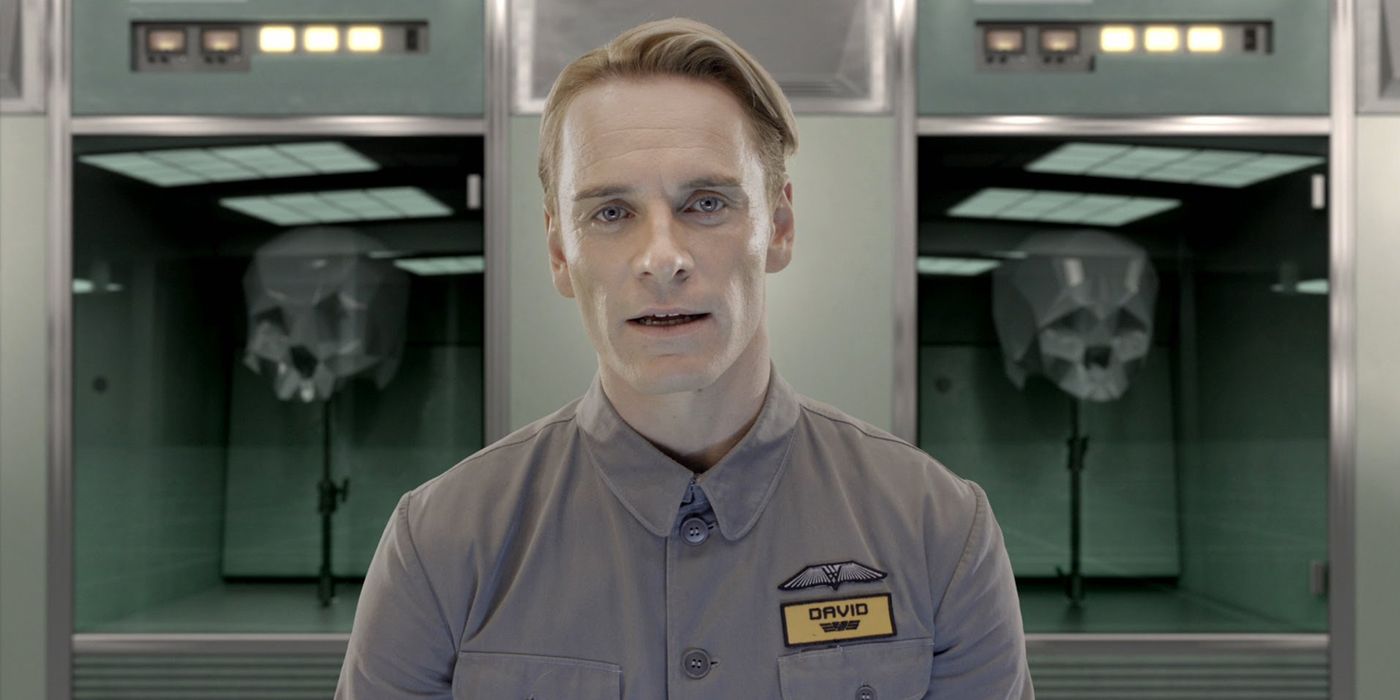Noah Hawley teases his upcoming Alien TV series will introduce multiple new technologies that compete with the Weyland-Yutani Corporation. The popular science-fiction franchise began with Ridley Scott's Alien in 1979, a landmark of sci-fi-horror filmmaking that is still considered one of the best movies ever produced in the hybrid genre. It was then followed by James Cameron's 1986 film Aliens, which shifted over to sci-fi-action and again garnered immense critical acclaim, even overcoming stigma to score an Academy Award nomination for Best Actress for series star Sigourney Weaver.
Though many movies have followed, including a crossover series with the Predator franchise and two prequels from a returning Scott in the 2010s, none have yet managed to live up to the reputation of the first two entries. Fans remain eager for creatives to continue trying, however, and as a result, FX is giving Fargo and Legion creator Hawley a crack at a new Alien show set on Earth, a first for the franchise. No timeline for release has been announced as of yet, though the showrunner has confirmed the story does not center on Weaver's frequent protagonist Ellen Ripley.
Now, when asked by Esquire how the process of expanding the storyworld of Alien is going, Hawley reveals his approach is based around the idea of technological competition with the franchise's corporate big-bad, Weyland-Yutani. Acknowledging that much of the series has focused on the company's development of artificial intelligence, he says one aspect of setting the series on Earth is exploring how other major companies are pursuing immortality, suggesting the corporation's deep-space dominance doesn't entirely translate to the state of things back home. The easiest comparison, Hawley says, is the battle over electricity in the late 19th Century:
Alien is a fascinating story because it's not just a monster movie; it’s about how we're trapped between the primordial past and the artificial intelligence of our future, where both trying to kill us. It’s set on Earth of the future. At this moment, I describe that as Edison versus Westinghouse versus Tesla. Someone’s going to monopolize electricity. We just don't know which one it is. In the movies, we have this Weyland-Yutani Corporation, which is clearly also developing artificial intelligence—but what if there are other companies trying to look at immortality in a different way, with cyborg enhancements or transhuman downloads? Which of those technologies is going to win?
While the Alien films understandably focus a lot of attention on the Xenomorph, the androids developed by Weyland-Yutani also play important roles, with 2012's Prometheus making clear that their complex AI is being developed as a way of pursuing human immortality. Hawley seems to want to run with this idea, and the inclusion of cyborg technology and the downloading of consciousness in his show could push the franchise in an exciting new direction. He continues by explaining that, much like Aliens, his show will question whether humanity actually deserves to survive, given the general willingness to exploit human life for economic gain.
Hawley's comments tease a very different Alien than fans have seen so far, which is to be expected from the experienced showrunner - Fargo in particular has earned significant praise from critics and fans alike for the way it reinvented the 1996 Coen brothers film of the same name. The show won't be without controversy, however, as Scott, despite reportedly serving as an executive producer on the FX project, recently said the series won't be as good as his original Alien movie. Though the franchise's track record would seem to back him up, that will ultimately be up to the fans to decide when Hawley's Alien show finally makes it to air.
Source: Esquire


